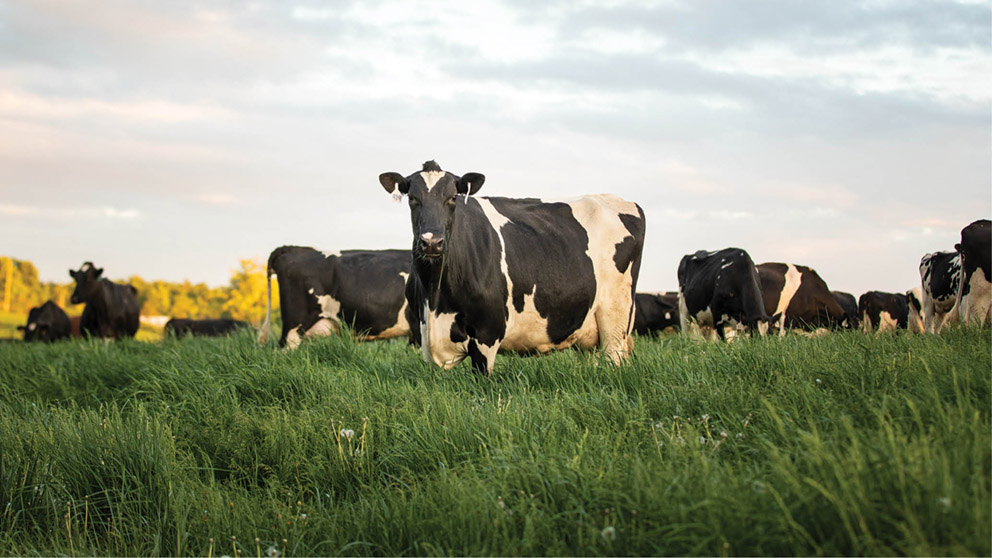Why retirement and transition should always be top of mind

When planning to move farm ownership from one generation to the next, the personalities, goals and economic circumstances of the multitude of players means nothing can be cast in stone.
One way to maintain a retirement goal on the farm is to nurture ownership in the younger generation.
However, there are steps you can take early in your farm career with the end in mind, says Allison Dale, an associate lawyer with Lerners LLP in Strathroy, Ont.
Begin with a solid understanding of your farm structure and overall management skills. These are essential elements to your farm business. With these skills in place and maintained throughout your career, you are on solid footing to operate your farm business into the future. They are also skills that will help carry you through transition planning.
Dale recommends farmers maintain a retirement goal by staying on top of their farm financials, nurturing ownership in the younger generation and not waiting too long to begin transitioning. Above all, remain flexible, acknowledging the endless family dynamics at play in a family who lives and works together. Here are three areas she suggests farmers keep an eye on throughout their farming careers:
1. Assess financial security
Retiring farm couples should assess whether they have enough assets to maintain their lifestyle.
“Do they have enough saved in their investments? There may be unforeseen expenses as they age, so do they also have enough to deal with any future care costs that may come up?” she asks.
“Another consideration is how long they want or need to hold onto any properties – do they need to sell a farm to help support them in retirement? If so, do they want to sell the farm to their farming children? Are they in a financial position to be able to gift it to the farming children?”
If the retiring farmers decide to transfer assets during their lifetime, work with advisors to implement a tax-effective strategy that fits their unique circumstances.
2. Foster ownership in the next generation
Adapt the transition plan over time based on the needs of both the retiring generation and the incoming generation.
Dale says if there are children interested in farming, then the parents should foster that interest and mentor them in the business. Then, when the couple is ready to retire, the children already know the farm.
“With good planning well in advance of retirement, they should be able to transition the operation to their children and keep the assets for which they worked so hard within the family.”
Ensuring fairness between farming and non-farming children is challenging. Dale says many parents try to divide assets equally to maintain familial harmony – but fair doesn’t always mean equal.
If some children will continue to farm and will be transferred the farm assets, a plan for non-farming children should also be in place. Solutions vary greatly – it may mean gifting non-farming assets, setting up life insurance policies where the non-farming individual is registered as the beneficiary, transferring ownership of a cottage or other property, or something else.
3. Start transition early
Be open to the idea of retiring — and the potential joy of watching your children operate the farm — for transition to occur.
“I do find some farm parents do not want to transfer their interest in the farm to children during their lifetime. They leave the property to their children in their wills,” Dale says.
With farmland values and other assets on the rise, beginning a farm from scratch is tough for most young people. Yet, as a first step, if the family can come up with a plan for the younger generation to take over ownership of a parcel of land to begin farming on their own, it helps give a solid start in the business. As the parents and the children age, more transition can happen.
“If parents are willing to take the time to mentor their children and ensure the farm is safe in their hands, it would be very beneficial to the young farmer to have the farm transferred during the parents’ lifetime. Parents can also watch their children continue their life’s work, and hopefully take pride in it,” Dale says.
Overall, good communication between everyone is critical. However, the importance of open dialogue is even greater if part of the next generation does not want to farm.
“It’s important for the parents to be the ones to explain the division of assets to their children. I encourage families to sit down and develop a plan to move forward together.”
3 top questions to ask your lawyer about retirement:
Is my will up to date? Do our wills reflect our true intentions and ownership structure?
If my will was enacted, would it be realistic and affordable to implement?
Would the identified successor be able to afford the implications and continue a viable operation?
Article by: Matt McIntosh

It pays to revisit your transition plan so changes to elements such as capital gains allowance or land values don't catch you unaware and affect the plan’s usefulness.